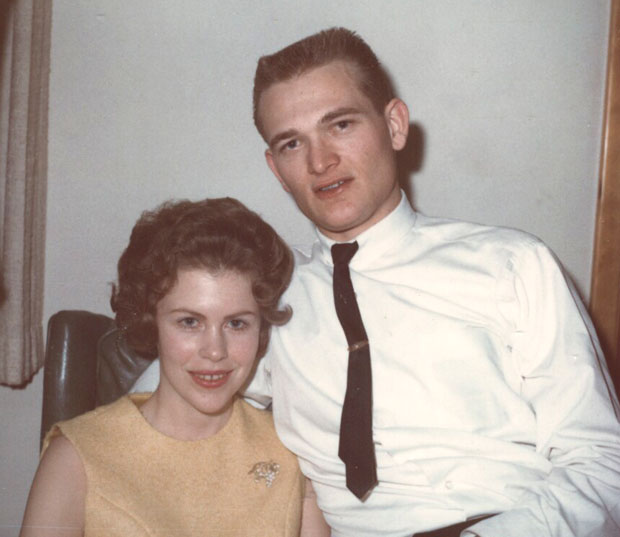I’ve finally started reading Raymond Carver’s All of Us. I’ll be taking it with me on my upcoming trip to California and should have lots of time to finish it there, though I may not get it posted until I get back, depending on how things go.
Although I was originally attracted to Carver because his poems were set in the Pacific Northwest, the more I read the more I realize that he’s much closer to being a “confessional poet” than a “nature poet.” Still, the fact that I immediately recognized the setting of “Hominy And Rain” probably made it more appealing to me than it might have otherwise have been. That, and the fact that it seems to come very close to expressing the same feelings I touched on in the entry “Altered Ego.”
HOMINY AND RAIN
In a little patch of ground beside
the wall of the Earth Sciences building,
a man in a canvas hat was on
his knees doing something in the rain
with some plants. Piano music
came from an upstairs window
in the building next door. Then
the music stopped.
And the window was brought down.
You told me those white blossoms
on the cherry trees in the Quad
smelled like a can of just-opened
hominy. Hominy. They reminded you
of that. This may or may not
be true. I can’t say.
I’ve lost my sense of smell,
along with any interest I may ever
have expressed in working
on my knees with plants, or
vegetables. There was a barefoot
madman with a ring in his ear
playing his guitar and singing
reggae. I remember that.
Rain puddling around his feet.
The place he’d picked to stand
had Welcome Fear
painted on the sidewalk in red letters.
At the time it seemed important
to recall the man on his knees
in front of his plants.
The blossoms. Music of one kind,
and another. Now I’m not so sure.
I can’t say, for sure.
Its a little like some tiny cave-in,
in my brain. There’s a sense
that I’ve lost – not everything,
not everything, but far too much.
A part of my life forever.
I like hominy.
Even though your arm stayed linked
in mine. Even though that. Even
though we stood quietly in the
dorway as the rain picked up.
And watched it without saying
anything Stood quietly.
At peace, I think. Stood watching
the rain. While the one
with the guitar played on.
Part of what he’s talking about here is probably the result of age, the loss of smell, not to mention the loss of interest in some activities that might have once interested us, like working on our knees with plants, but I think the the “barefoot/ madman with a ring in his ear/ playing his guitar and singing/ reggae” represents more than just the losses of old age. He seems to represent the Dionysian side of human nature, for Dionysus is the god of wine, ecstasy, and intoxication. One only has to think of Zorba the Greek or Yeats’ Wild, Wicked Old Man to know what he fears he has lost.
Although the narrator seems to have found love and is “At peace, I think,” he misses that irrational, ecstatic side of his earlier life, even more surprising when we realize how many of his poems are about an admitted alcoholism that seemed destined to destroy his life and everyone around him.




